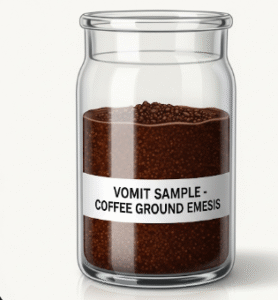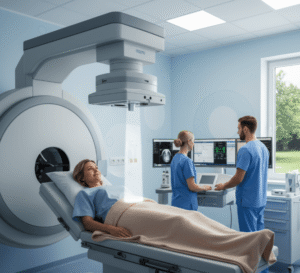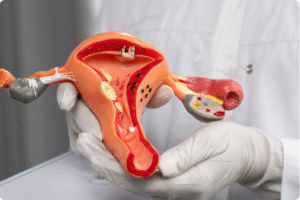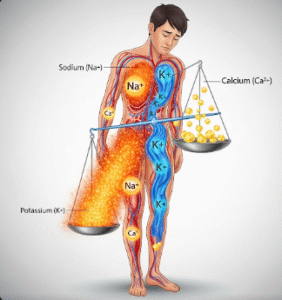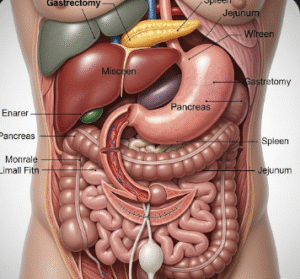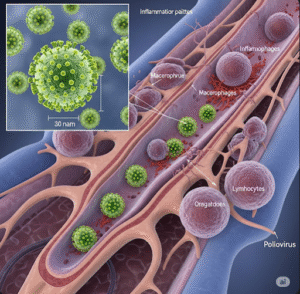Overview
Autoimmune Myocarditis is an inflammatory disease of the heart muscle caused by the body’s immune system mistakenly attacking cardiac tissue. This condition can lead to weakened heart function, arrhythmias, heart failure, and in severe cases, sudden cardiac death. Early diagnosis and management are vital to preserve heart health and prevent complications.
What is Autoimmune Myocarditis?
Autoimmune myocarditis is a form of myocarditis where the immune system triggers inflammation in the myocardium (heart muscle) without an infectious cause. It may occur as a primary condition or secondary to systemic autoimmune diseases such as lupus or rheumatoid arthritis.
Symptoms
- Chest pain or discomfort
- Fatigue and weakness
- Shortness of breath, especially during exertion
- Palpitations or irregular heartbeat
- Swelling in legs or abdomen (due to heart failure)
- Fever (occasionally)
- Lightheadedness or fainting
Causes
The exact cause is an abnormal immune response targeting heart muscle cells. It can be triggered by:
- Systemic autoimmune diseases (e.g., systemic lupus erythematosus, Sjögren’s syndrome)
- Drug-induced immune reactions
- Post-viral autoimmune response after infections
- Genetic predisposition
Risk Factors
- History of autoimmune diseases
- Family history of autoimmune or cardiac conditions
- Exposure to certain drugs or toxins
- Previous viral infections that may trigger autoimmunity
Complications
- Dilated cardiomyopathy (weakened and enlarged heart)
- Chronic heart failure
- Life-threatening arrhythmias
- Sudden cardiac death
- Thromboembolism due to poor heart function
Prevention
- Managing underlying autoimmune diseases effectively
- Avoiding known triggers or drugs that may induce myocarditis
- Prompt treatment of viral infections
- Regular cardiac monitoring if at risk
Treatment Options in Korea
South Korea offers comprehensive cardiac care with immunology and cardiology specialists collaborating for optimal management of autoimmune myocarditis.
- Diagnosis
- Electrocardiogram (ECG) to detect arrhythmias
- Echocardiogram to assess heart function
- Cardiac MRI to identify inflammation and damage
- Blood tests for markers of inflammation and autoimmunity
- Endomyocardial biopsy in select cases for definitive diagnosis
- Medication
- Immunosuppressive therapy: Corticosteroids and other immunosuppressants (e.g., azathioprine, methotrexate) to reduce inflammation
- Heart failure medications: ACE inhibitors, beta-blockers, diuretics as needed
- Anti-arrhythmic drugs or devices (pacemakers, ICD) for rhythm control
- Supportive Care
- Lifestyle modifications including low-sodium diet and activity adjustments
- Regular cardiac rehabilitation programs
- Advanced Treatments
- Mechanical circulatory support or heart transplantation in severe cases.


